List of Prime Ministers of Malaysia (1957-2025) & History
The List of Prime Ministers of Malaysia showcases the nation’s leadership shifts, policy changes, and progress in governance, economy, and unity.
Malaysia, a vibrant and progressive nation in Southeast Asia, has witnessed a remarkable political journey since its independence in 1957. The List of Prime Ministers of Malaysia reflects the evolution of leadership, governance, and national development. These distinguished leaders have shaped the country’s policies, economy, and international standing with visionary strategies and impactful decisions.
From the dawn of independence, Malaysia’s leadership has played a pivotal role in steering the nation through various challenges and milestones. The list of Prime Ministers of Malaysia has shaped domestic policies and strengthened diplomatic ties, ensuring Malaysia’s presence on the global stage. Their governance has been marked by economic reforms, infrastructural advancements, and socio-political transformations, which have collectively contributed to the nation’s success.
As a rapidly developing country, Malaysia has experienced significant shifts in leadership styles, economic priorities, and governance approaches. From the early days of nation-building under Tunku Abdul Rahman to the modernization efforts of Dr. Mahathir Mohamad, each Prime Minister has left an indelible mark on the country’s history. Their collective efforts have propelled Malaysia into a competitive economic hub, fostering innovation, education, and sustainable growth.
The political landscape of Malaysia has also undergone considerable evolution, from a single-party dominance to a more dynamic and competitive multi-party system. Elections have played a crucial role in shaping governance, reflecting the aspirations of Malaysians who seek progress, stability, and inclusive development. The resilience of Malaysia’s democracy and leadership transition is a testament to its commitment to political maturity and national unity.
Throughout its history, Malaysia has faced numerous challenges, including economic downturns, political crises, and global uncertainties. However, the resilience and adaptability of its leaders have ensured that the nation continues to thrive. The List of Prime Ministers of Malaysia showcases individuals who have navigated these challenges with determination, strategic vision, and a deep commitment to national welfare.
As we delve into the leadership history of Malaysia, it is essential to acknowledge the contributions of each Prime Minister in shaping the country’s present and future. Their policies, governance philosophies, and leadership styles have collectively created a legacy that continues to inspire and drive Malaysia’s progress on the world stage.
List of Prime Ministers of Malaysia
-
The Beginning: Independence and the First Prime Minister
Tunku Abdul Rahman (1957-1970) – The Father of Independence
Malaysia’s political history commenced with Tunku Abdul Rahman, the nation’s first Prime Minister. He played a pivotal role in securing independence from British rule on August 31, 1957. Revered as the “Father of Independence,” his leadership emphasized unity, diplomacy, and nation-building. Under his tenure:
- The formation of Malaysia took place in 1963, incorporating Sabah, Sarawak, and Singapore. This expansion was aimed at strengthening Malaysia’s geopolitical standing and fostering economic collaboration among its states.
- The First Malaysia Plan was introduced to develop infrastructure and economic growth, focusing on modernizing transportation, education, and healthcare systems.
- Tunku Abdul Rahman played a crucial role in securing Malaysia’s position in global diplomacy by becoming a founding member of the Association of Southeast Asian Nations (ASEAN) in 1967.
- His government focused on fostering racial harmony and unity through policies that encouraged cooperation between the Malay,List of Prime Ministers of Malaysia Chinese, and Indian communities.
- He initiated key educational reforms that expanded access to schools and emphasized bilingual education, preparing Malaysia for a more interconnected world.
- Tunku Abdul Rahman promoted Malaysia’s presence on international platforms, securing diplomatic ties with major world powers and advocating for decolonization efforts in the region.
- Despite political and economic challenges, he maintained a commitment to democracy and good governance, setting a precedent for future leadership in Malaysia.
His legacy remains deeply embedded in the nation’s history, as he laid the foundation for a sovereign, progressive, and multi-ethnic Malaysia.
Despite challenges, he laid the foundation for a democratic and prosperous nation, List of Prime Ministers of Malaysia

His legacy remains deeply embedded in the nation’s history, as he laid the foundation for a sovereign, progressive, and multi-ethnic Malaysia.
Leadership in a Changing Landscape (1970-1981)
Tun Abdul Razak (1970-1976) – The Architect of Modern Malaysia
Following one of the List of Prime Ministers of Malaysia is Tunku Abdul Rahman, Tun Abdul Razak took office as Malaysia’s second Prime Minister, ushering in a transformative era of economic growth, rural development, and national unity. His impactful governance focused on restructuring Malaysia’s socio-economic landscape to create a more equitable society. Under his leadership:
- The New Economic Policy (NEP) was introduced in 1971 to address racial economic disparities and promote economic balance between ethnic groups. The NEP aimed to reduce poverty, increase Bumiputera participation in business, and create wealth distribution strategies to uplift the entire nation.
- Strengthening the agricultural and industrial sectors was a key priority. List of Prime Ministers of Malaysia Tun Abdul Razak promoted large-scale mechanization of agriculture, modernized farming practices, and introduced incentives to boost Malaysia’s palm oil and rubber industries.
- The establishment of FELDA (Federal Land Development Authority) in 1956 expanded under his administration, enabling thousands of rural families to acquire land, cultivate crops, and improve their standard of living. FELDA became a cornerstone of Malaysia’s agricultural economy.
- The creation of MARA (Majlis Amanah Rakyat) further enhanced Bumiputera’s economic empowerment by providing financial assistance, business training, and scholarships to young entrepreneurs and students.
- Expansion of education and skills training became a national priority. Universities such as Universiti Kebangsaan Malaysia (UKM) were established to provide higher education opportunities, particularly for the Bumiputera community.
- Regional development authorities such as the DARA (Pahang Tenggara Development Authority) and KESEDAR (Kelantan Selatan Development Authority) were formed to enhance economic activities in less-developed regions, ensuring more balanced growth across Malaysia.
- Diplomatic efforts and foreign policy initiatives saw Malaysia strengthen its relations with China, marking a historic diplomatic breakthrough when Tun Abdul Razak visited Beijing in 1974, making Malaysia one of the first ASEAN countries to establish ties with China.
- Infrastructure and transportation improvements under his leadership laid the groundwork for Malaysia’s modernization, with expanded road networks, bridges, and rural electrification projects benefiting the masses, List of Prime Ministers of Malaysia
- Public healthcare initiatives were also introduced, with significant investments in hospitals, clinics, and health education programs aimed at improving the general well-being of Malaysians.
Tun Abdul Razak’s tenure was characterized by pragmatic economic policies, a commitment to social harmony, and a forward-thinking approach to national development. His untimely passing in 1976 left a lasting impact, with many of his policies continuing to shape Malaysia’s socio-economic landscape to this day.

Tun Hussein Onn (1976-1981) – The Man of Integrity
Dato’ Seri Anwar Ibrahim (2022-Present) – A New Dawn for Malaysia
After decades in opposition, Anwar Ibrahim became Prime Minister in 2022. His leadership focuses on:
- Rebuilding Malaysia’s economy post-pandemic.
- Strengthening democracy and institutional transparency.
- Advocating social justice and economic equity.

Conclusion: The Evolution of Leadership
The List of Prime Ministers of Malaysia reflects a dynamic political landscape. Each leader has contributed uniquely, driving Malaysia towards progress, stability, and global recognition. From independence to modernization, their governance has shaped Malaysia into a thriving, multi-cultural nation.
As Malaysia moves forward, future leadership will play a crucial role in maintaining economic growth, social harmony, and technological advancements. With visionary policies and dedicated governance, Malaysia continues to stand as a beacon of progress in Southeast Asia.

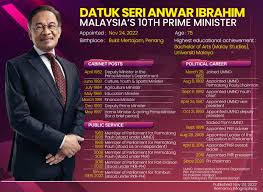
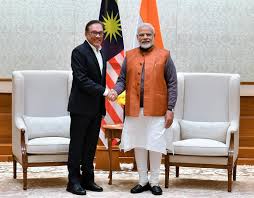
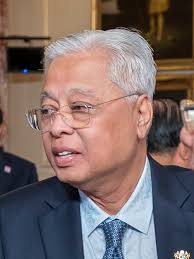

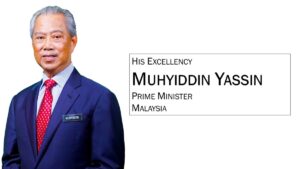


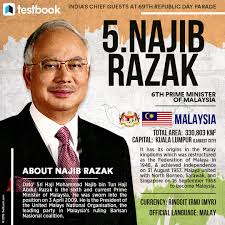
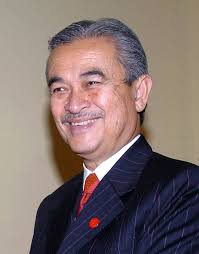
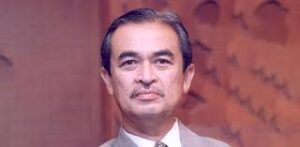
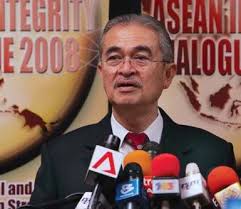





You might be referring to a link or an update about Bangladesh’s Prime Ministers. If you need information on Bangladesh’s Prime Ministers, I can provide a detailed list or any specific details you want.

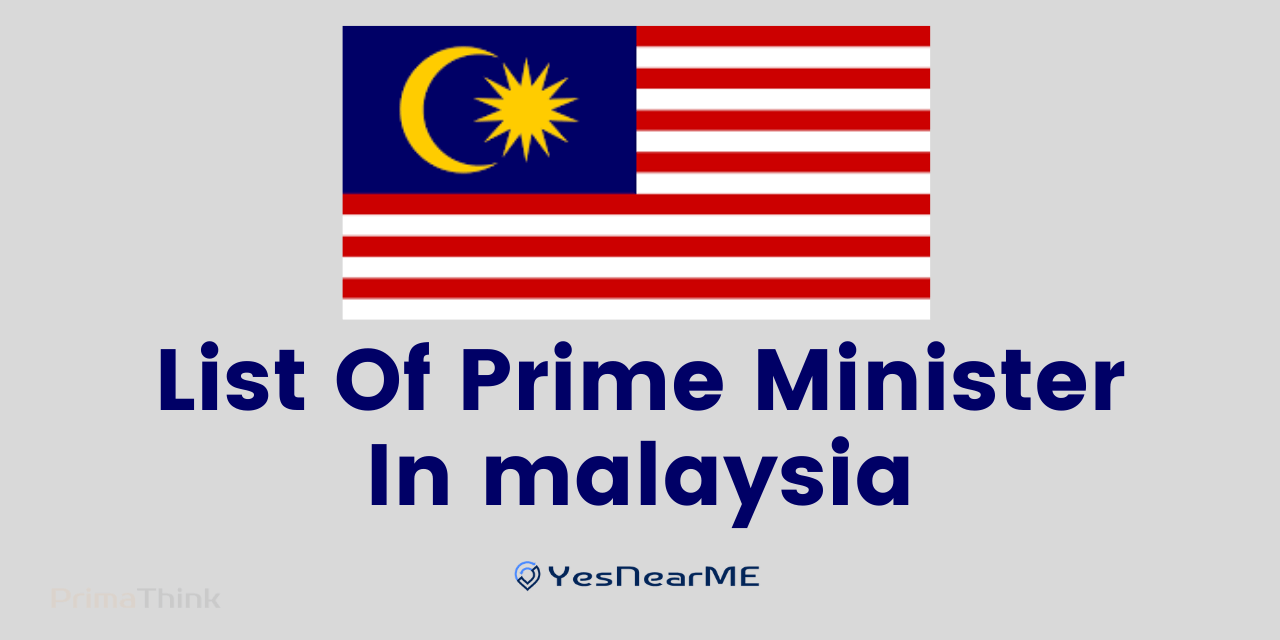
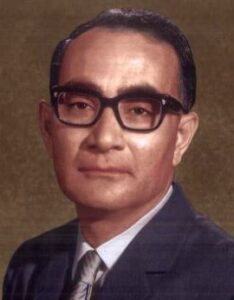

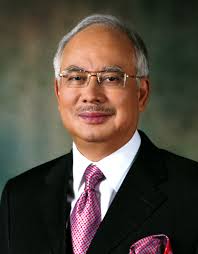
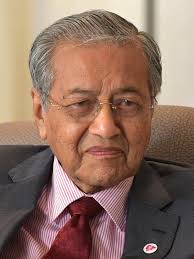
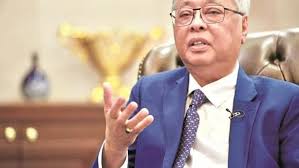





Recent Comments